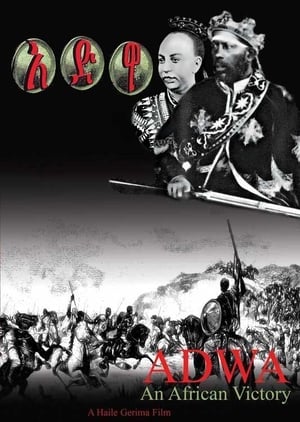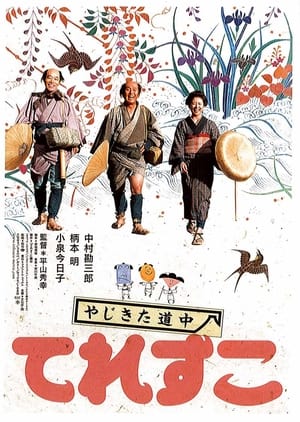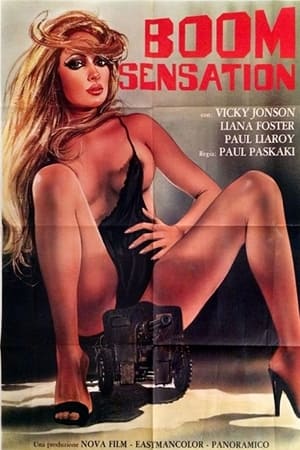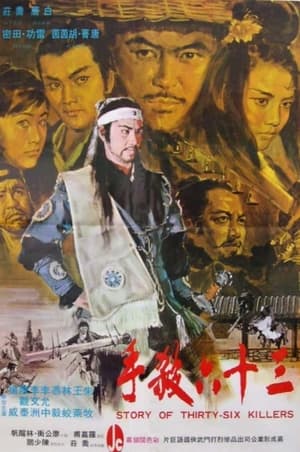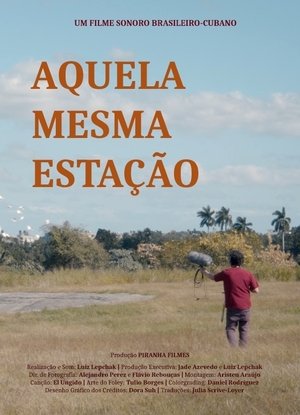

Searching for the Perfect Gentleman(2019)
"Searching for the Perfect Gentleman — an Investigative Journey" is a documentary about the search of an African barber shop poster. The virtual journey takes the viewer to various African, European and Asian countries, in order to find the place where it was originally created, produced and sold. What seems easy in the beginning turns out to be a demanding process, yet an interesting experience in accessing information, communicating with people from totally different backgrounds and indulging in uncertainty, to celebrate the search itself — wherever it may lead. The film shows how boundaries between originality and reproduction merge, in a world where everything can be remixed and reprinted easily. Searching for the Perfect Gentleman tells a multi-layered story about trust, persistence and interconnectedness in a globalized world.
Movie: Searching for the Perfect Gentleman
Top 1 Billed Cast
Herself (voice)

Searching for the Perfect Gentleman
HomePage
Overview
"Searching for the Perfect Gentleman — an Investigative Journey" is a documentary about the search of an African barber shop poster. The virtual journey takes the viewer to various African, European and Asian countries, in order to find the place where it was originally created, produced and sold. What seems easy in the beginning turns out to be a demanding process, yet an interesting experience in accessing information, communicating with people from totally different backgrounds and indulging in uncertainty, to celebrate the search itself — wherever it may lead. The film shows how boundaries between originality and reproduction merge, in a world where everything can be remixed and reprinted easily. Searching for the Perfect Gentleman tells a multi-layered story about trust, persistence and interconnectedness in a globalized world.
Release Date
2019-08-01
Average
4
Rating:
2.0 startsTagline
Genres
Languages:
EnglishKeywords
Recommendations Movies
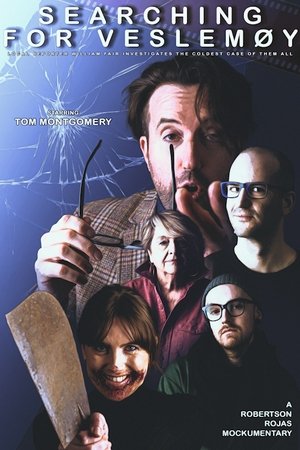 4.0
4.0Searching for Veslemoy(en)
An inept and narcissistic reporter attempts to capitalise on a local cold case to launch his career. He soon finds himself alienating a community of colourful and bizarre characters and failing to find any clues—even when they're handed to him.
 5.8
5.8Si mis campos hablaran(es)
Si mis campos hablaran is a 1947 Chilean film directed by José Bohr. It was entered into the 1954 Cannes Film Festival.
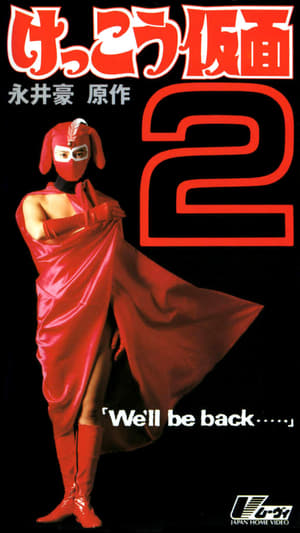 6.8
6.8Kekko Kamen 2: We'll be back...(ja)
Mayumi and the other students are suspected of cheating and put in the torture room, where a device is waiting on them. However, this is all a ruse to make Kekko Kamen appear!
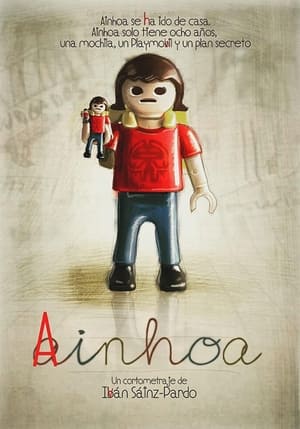 7.0
7.0Ainhoa(es)
Ainhoa is 8 years old and has left home with her school bag, a Playmobil figure and a secret plan.
 7.0
7.0Yamikin Queen(ja)
A financial drama starring Yuka Ogura, who is widely active in gravure, models, and actresses. One day, Yuna, a bank clerk who lives a boring day, is asked by her sister to become a guarantor for her daughter's child support borrowing. Yuna responds for her sister's family, but it goes crazy for her life.
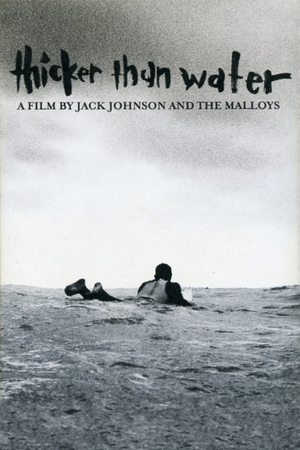 5.8
5.8Thicker Than Water(en)
Chris Malloy, Emmett Malloy, and Jack Johnson got together to document the life and times of a pro surfer. Shot all on 16mm Film "Thicker Than Water" follows Rob Machado, Kelly Slater, Brad Gerlach, Shane Dorian, and others on a 18 month journey through the North Atlantic, South Pacific, and the Bay of Bengal.
 6.0
6.0Running For Jim(en)
Running for Jim chronicles the story of Jim Tracy, the most decorated high school cross-country coach in California history, and his battle with fatal Lou Gehrig's disease (ALS). Tracy's 2010 girls cross-country team and captain Holland Reynolds, age 16, bring his story to international attention when Holland collapses in the state championship race and crawls across the finish line to secure the title for her team and her ailing coach. First-time filmmakers Dan Noyes and Robin Hauser Reynolds present this film about grit, determination, and the tenacity of the human spirit.
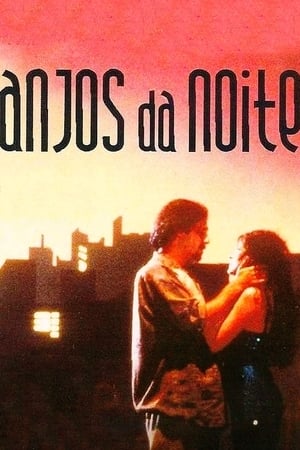 5.8
5.8Angels of the Night(pt)
Many exotic characters meet in São Paulo night, looking for love and adventure: Malu, a model; Mauro, a drag queen; Teddy, a hustler; Guto, a gay reporter; and Marta, an actress.
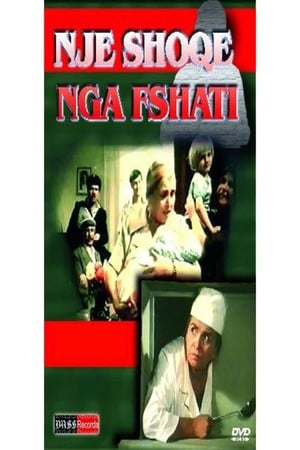 5.4
5.4A Comrade from the Village(sq)
It is a cine comedy following "The Lady from the town". Olga is getting ready to go to a meeting of the district women activists, where she will relate her own experience in the struggle against conservative concepts. During a warm atmosphere, Olga sings the first lullaby to her newborn nephew: "Once upon a time there was an Olga who posed as a lady.Time passed by and the lady has become one of us, a comrade from the country"
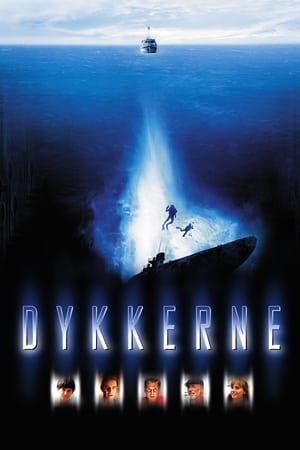 6.1
6.1Beyond(da)
During the final days of WWII, chaos ruled. The German submarine U-461 went down along with its entire crew just off the coast of Denmark. U-461 however, was no ordinary submarine. 50 years after the war ended, two brothers go scuba diving for fun and discover that their every move is being watched and that some things should just be left alone.
Return(hy)
The main character of the film is an outstanding physicist who was invited to Armenia from Russia to head a lab. He comes across many troubles in his homeland, but nevertheless finds his true love there.
 4.0
4.0A New Year's Miracle, or Ivanna Tsareva Changes Her Profession(ru)
A teachable story about a seventh-grade student who, like thousands of Russian schoolchildren, is caught up in the ideology of consumption and empty narcissism.
 8.0
8.0Song 29(en)
SONG 29: A portrait of the artist's mother (the Songs are a cycle of silent color 8mm films by the American experimental filmmaker Stan Brakhage produced from 1964 to 1969).
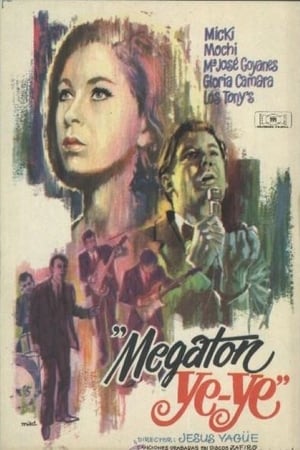 6.0
6.0Megatón ye-ye(es)
The story of a music band from the sixties who wants to succeed in music in the style of Richard Lester films. There are two parallel plots: one is the love story between the singer Juan Erasmo 'Mochi' and Elena, a middle-class girl who has studied in Madrid and moved to Paris to work and to learn French. The other half of the film corresponds to 'Micky y Los Tonys', and especially to the wild Micky.
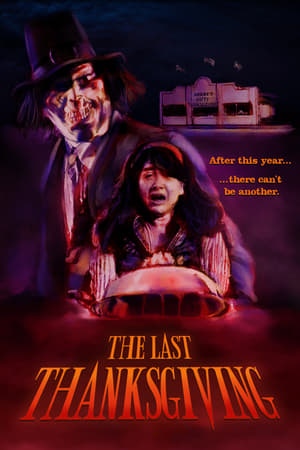 4.3
4.3The Last Thanksgiving(en)
A family of cannibalistic pilgrims attacks a restaurant that stays open for Thanksgiving.
Similar Movies
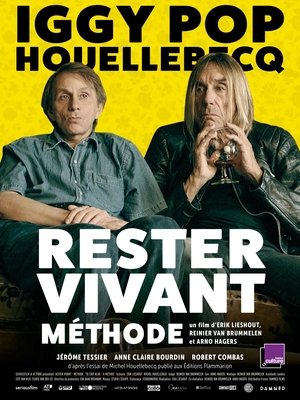 5.4
5.4To Stay Alive: A Method(en)
Iggy Pop reads and recites Michel Houellebecq’s manifesto. The documentary features real people from Houellebecq’s life with the text based on their life stories.
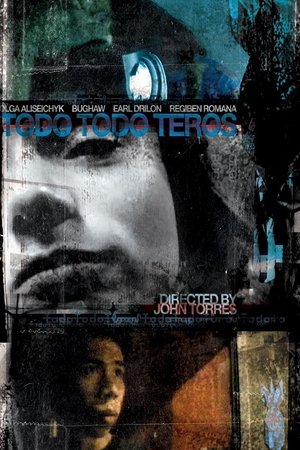 5.2
5.2Todo Todo Teros(en)
Basically an artist is also a terrorist, the protagonist thinks in an unguarded moment. And if he is a terrorist after all, then he might just as well be one. Not an instant product, but an experimental feature in which diary material is brought together to form an intriguing puzzle.
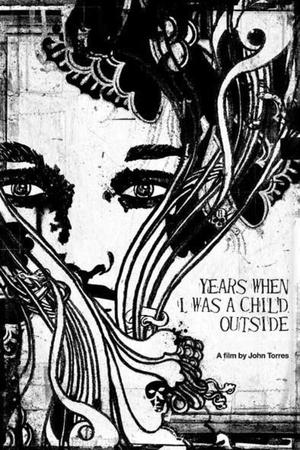 0.0
0.0Taon Noong Ako'y Anak sa Labas(tl)
Filmmaker John Torres describes his childhood and discusses his father's infidelities.
What Is to Be Done? A Journey from Prague to Ceský Krumlov, or How I Formed a New Government(cs)
Quite a few years have passed since November 1989. Czechoslovakia has been divided up and, in the Czech Republic, Václav Klaus’s right-wing government is in power. Karel Vachek follows on from his film New Hyperion, thus continuing his series of comprehensive film documentaries in which he maps out Czech society and its real and imagined elites in his own unique way.
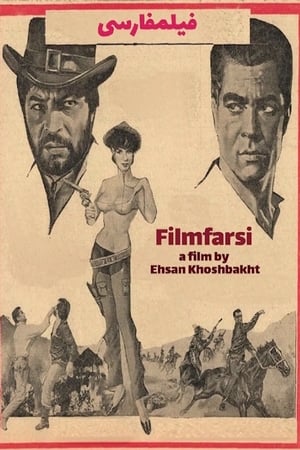 2.0
2.0Filmfarsi(en)
A found-footage essay, Filmfarsi salvages low budget thrillers and melodramas suppressed following the 1979 Islamic revolution.
Bohemia Docta or the Labyrinth of the World and the Lust-House of the Heart (A Divine Comedy)(cs)
A labyrinthine portrait of Czech culture on the brink of a new millennium. Egon Bondy prophesies a capitalist inferno, Jim Čert admits to collaborating with the secret police, Jaroslav Foglar can’t find a bottle-opener, and Ivan Diviš makes observations about his own funeral. This is the Czech Republic in the late 90s, as detailed in Karel Vachek’s documentary.
 4.9
4.9Visions of Europe(en)
Twenty-five films from twenty-five European countries by twenty-five European directors.
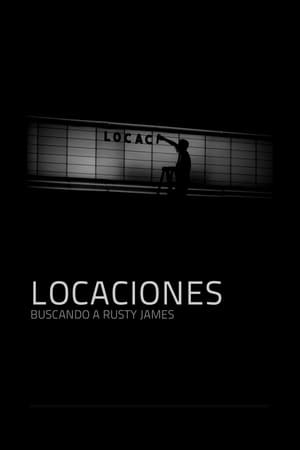 3.0
3.0Locations: Looking for Rusty James(es)
A personal meditation on Rumble Fish, the legendary film directed by Francis Ford Coppola in 1983; the city of Tulsa, Oklahoma, USA, where it was shot; and its impact on the life of several people from Chile, Argentina and Uruguay related to film industry.
 7.8
7.8In the Intense Now(pt)
A personal essay which analyses and compares images of the political upheavals of the 1960s. From the military coup in Brazil to China's Cultural Revolution, from the student uprisings in Paris to the end of the Prague Spring.
 7.1
7.1Arcadia(en)
A provocative and poetic exploration of how the British people have seen their own land through more than a century of cinema. A hallucinated journey of immense beauty and brutality. A kaleidoscopic essay on how magic and madness have linked human beings to nature since the beginning of time.
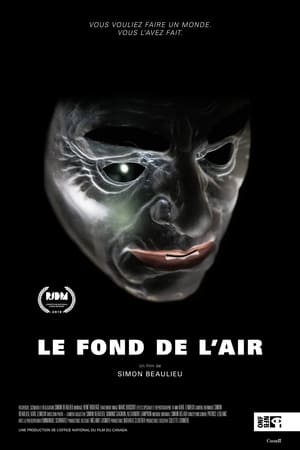 0.0
0.0White Noise(fr)
A reflection on the fate of humanity in the Anthropocene epoch, White Noise is a roller-coaster of a film, a whirlwind of sounds and images. The fourth feature-length work by Simon Beaulieu, this film essay plunges viewers into a subjective sensory adventure—a direct physical encounter with the information overload of daily life. White Noise transforms the imminent collapse of our civilization into a visceral aesthetic experience.
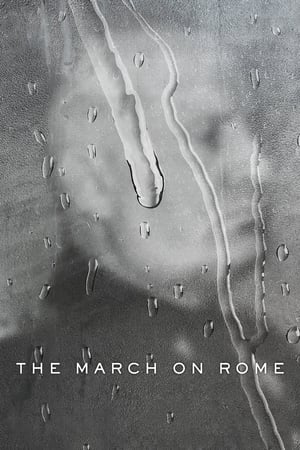 6.3
6.3The March on Rome(it)
The fascinating story of the rise to power of dictator Benito Mussolini (1883-1945) in Italy in 1922 and how fascism marked the fate of the entire world in the dark years to come.
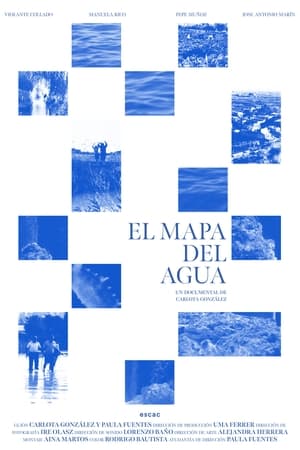 5.2
5.2The Water Map(es)
The Water Map is an essayistic journey through the ethnography and landscapes of the Region of Murcia. These places are in the process of disappearing due to the increasing and abundant agricultural exploitation. Water has marked the territory and the culture of the area, and with its disappearance, the memories of four characters fade away.
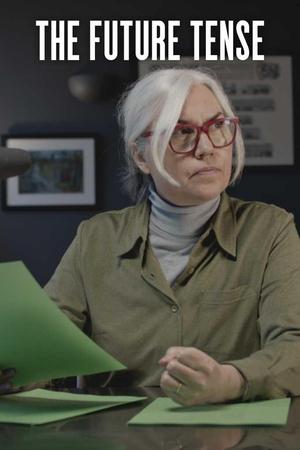 6.8
6.8The Future Tense(en)
Staged as a series of voiceover sessions, written with gloriously off-balanced precision and dipped in the color green, THE FUTURE TENSE unfolds as a poignant tale of tales, exploring the filmmakers’ own experiences in aging, parenting, mental illness, along with the brutal history that lies submerged beneath Ireland’s heavy, moist earth.
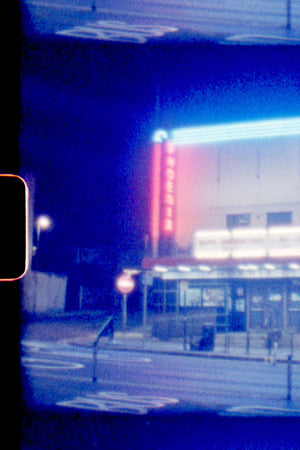 2.0
2.0Cinema Now(en)
A fragmented collection of independent closed cinemas, in London during lockdown, captured on Super 8mm film.
 6.5
6.5The Fall of Communism as Seen in Gay Pornography(en)
Every image in The Fall of Communism as Seen in Gay Pornography comes from gay erotic videos produced in Eastern Europe since the introduction of capitalism. The video provides a glimpse of young men responding to the pressures of an unfamiliar world, one in which money, power and sex are now connected.
New Hyperion or Liberty, Equality, Brotherhood(cs)
From the behavior, discourse, and appearance of individual actors, Vachek composes, in the form of a mosaic, a broad and many-layered film-argument about Czechoslovak democracy in the period of its rebirth, all administered with the director’s inimitable point of view.
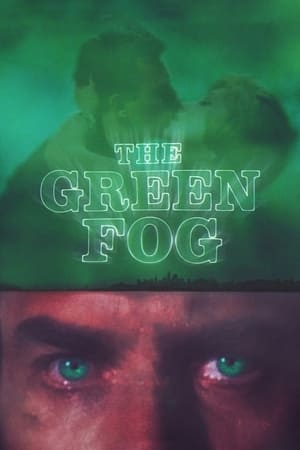 6.0
6.0The Green Fog(en)
A tribute to a fascinating film shot by Alfred Hitchcock in 1958, starring James Stewart and Kim Novak, and to the city of San Francisco, California, where the magic was created; but also a challenge: how to pay homage to a masterpiece without using its footage; how to do it simply by gathering images from various sources, all of them haunted by the curse of a mysterious green fog that seems to cause irrepressible vertigo…
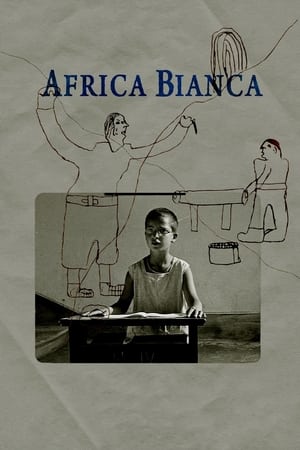 5.3
5.3The Imperial Lullaby(it)
The armies of Fascist Italy conquered Addis Ababa, capital of Abyssinia, in May 1936, thus culminating the African colonial adventure of the ruthless dictator Benito Mussolini, by then lord of Libya, Eritrea and Somalia; a bloody and tragic story told through the naive drawings of Pietro Dall'Igna, an Italian schoolboy born in 1925.
